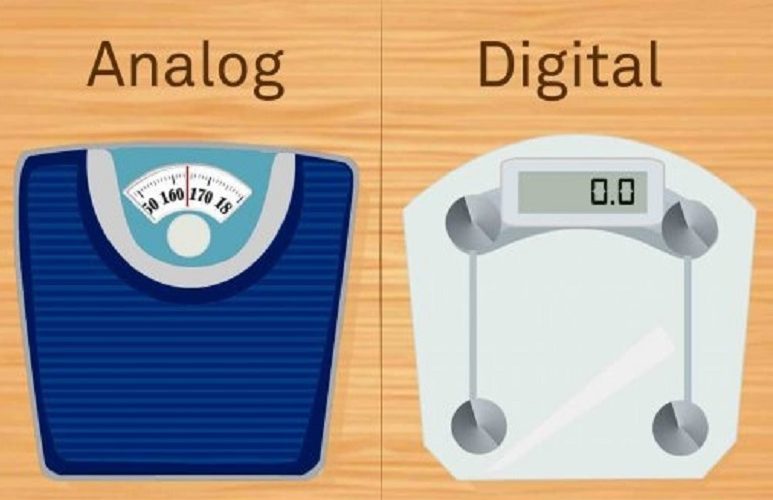Deciding between digital and analog weighing scales can be a very difficult challenge. This is the case whether weighing scales will be used frequently or infrequently. Fortunately there are a number of questions you can ask which can help you establish which format will be better suited to your particular needs. So let’s go through these key questions now!
What Format Should Your New Scales Use Exactly?
Before deciding between analog and digital scales it’s first necessary to establish which exact format you would like the scales to measure in. As it stands, scales can actually measure weight in a wide variety of formats. Most commonly they will do so in kilograms, pounds and grams, but they’re available in many measurements beyond these three and deciding which format(s) is ideal for your needs is always the first step in establishing what sort of scales you need precisely.
Would Scales Being Battery-powered Be an Issue For You?
Digital weighing scales will always use a form of electrical power. The utilisation of battery power within the digital scales category is very common. As a result, any user of digital scales will have to factor the expense of batteries over the long term. Ultimately – especially for infrequent users of scales – this expense is likely to be minor. However, if keeping costs low surrounding scales is a critical consideration, then opting for analog scales – which use no battery power – could be the ideal.
Factor In How Exactly the Scales Will Display Key Information
Just as weighing scales are sold in a wide variety of formats, there are also differences in how they display their information. For example, there are platform weighing scales, that will sit flat and present their data on a digital LCD screen. They do this in a fashion very similar to how a standard bathroom scale would display the weight of a person standing upon it.
By contrast, there are hanging weighing scales, which operate by providing a reading once the weight of a particular good is placed on the scale’s weighing hook. For these devices, a reading of the weight of the good being hung will certainly still be shown, but instead of appearing at the top of the device as is commonly the case with a platform scale, it will instead often be displayed in the middle of the device. Given readability is usually easier on digital, what type of scale is selected can become very important if utilising an analog scale as it’ll be necessary to factor in this additional difficulty.
Weighing Up the Differences Of Analog and Digital
It’s always wise to consider carefully the differences between analog and digital scales when deciding which is ideal for a particular task. This said, digital scales are almost always preferable over the analog format. This is chiefly the case because of the clearer display of information they provide. So for any business where a scale will be used frequently, utilising a digital scale over an analog type will essentially always offer a far easier experience from one day to the next, and as a result a more enjoyable experience in using it overall.




